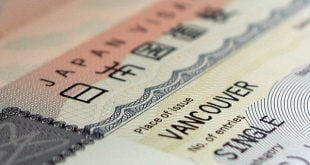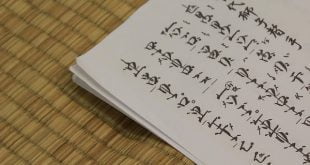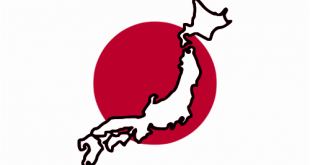
Many international students decide to work in Japan in order to afford the study and living costs. We’ve previously seen the tuition fees and living cost in Japan. And having enough to cover all these expenses may be challenging at times.
According to statistics from the Japan Student Services Organization (JASSO), 75% of international students in Japan work part-time. That being said, there are requirements for you to be able to work and study at the same time.
Additionally, international students are allowed to work only for a specific number of hours daily and weekly. Moreover, these working hours limits vary depending on whether you work during the school year or during summer vacation.
Table of Contents
Can you work on a student visa in Japan?
In general, international students who are holders of a “student” visa status are not supposed to work. But they can apply to work part-time under the condition that the job does not interfere with their studies.
There are restrictions on the types of work they can do. And lastly, if you study and work in Japan, the income you make should only be used to support your study and living cost in the country. Using the money for income or remittance overseas is forbidden.
To be able to work and study in Japan, students need to get a permission from the Japanese Minister of Justice. On the other hand, your potential employer also must report to the Employment Service Center their intention to hire foreigners.
Work permit for international students in Japan
International students must follow the guidelines below in order to work in Japan while studying:
- Work hours must not conflict with study hours.
- Official authorization to exceed the activity permitted by your visa (studying). You can get this authorization from the closest regional immigration bureau for student residence. On the other hand, you won’t need this authorization if you’re working as a research or teaching assistant at your university.
- You cannot exceed 28 working hours per week while studying at university. However, when you’re on a study break, you can work a maximum of 8 hours a day. If you want to work more hours, you’ll have to get a separate authorization form that allows you to work more than 28 hours a week while studying.
View this list of regional immigration offices in English
Documents required for work permit application

- Apply for authorization of additional activity surpassing what is already permitted by your student visa. You can get that from in immigration offices.
- Document stating the additional student activities. For example, you may provide a letter from your employer stating their desire to employ you.
- A copy of your visa or “Zairyu card”. The latter is given to students from certain nationalities and is equivalent to a student visa.
- A copy of your passport.
- Copy of the certificate of aptitude that you previously applied for your visa with. For more information, read our previous article on the requirements for student visa in Japan.
- A document that proves your identity as the applicant. If available, you can provide your student ID.
- Rules and regulations do not allow international students to work in entertainment services which may influence public decency. For example, students cannot work at bars even if they do not work in customer service.
How many hours a student can work in Japan?
On a student visa, international students can work up to 28 hours a week with permission. During long school breaks, summer or spring vacation, they can work up to 8 hours a day.
It’s worth to mention that this total is a combination of all the hours, no matter how many places you work at. For example, if you work two jobs, you have a limit of 14 hours at each one of them.
Moreover, if you drop school, you lose not only your student status, your work permit also will become invalid.
Part-time job salary in Japan for international students
The minimum you can earn in Japan per hour is 1000 yen, but this can change slightly depending on the city or region you live in. Also, keep in mind that in cities where the living costs are higher, the minimum average wage would increase accordingly. For example, in Tokyo, the minimum wage for a student is 1,041 yen per hour. Also, if you can get teaching jobs, you may earn a higher rate.
Job opportunities for international students to work part-time in Japan
On the Japanese labor market, unemployment rate is very low. And for international students, there are plenty of baito, meaning odd jobs, international students can do at place such as restaurants, hotels, shops, video game publishers, etc.
Usually, if you have little to no Japanese language ability, you still can offer private tutoring services, teaching English or your native language. However, you will get more job opportunities in Japan if you acquire a better command of the language.
To find ways to improve your Japanese language ability, read our article: Learn Japanese in Japan.
You can search for jobs in many ways that will be listed below:
- Student affairs office at university or college.
- Work magazines and newspaper advertisements.
- Employment agencies.
- Friends and acquaintances.
- Billboards at university, college or student accommodation.




 Aljawaz Your guide to study abroad
Aljawaz Your guide to study abroad













